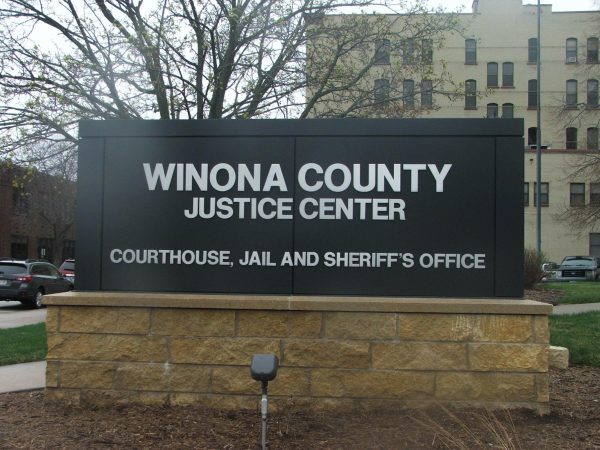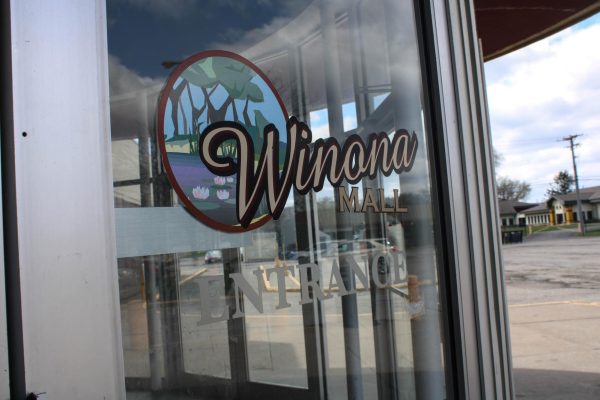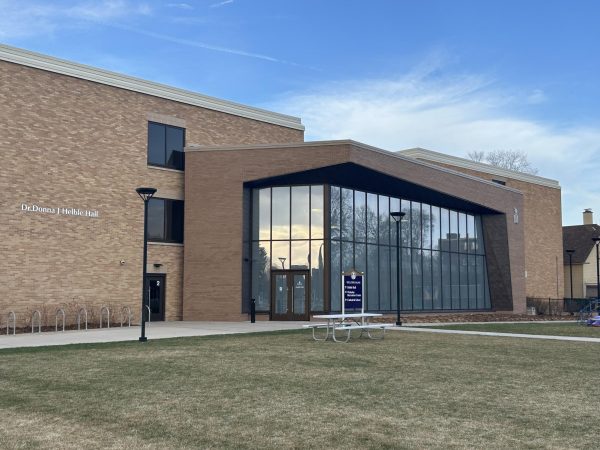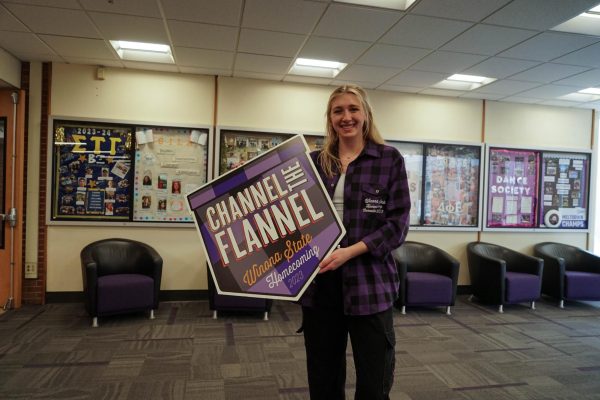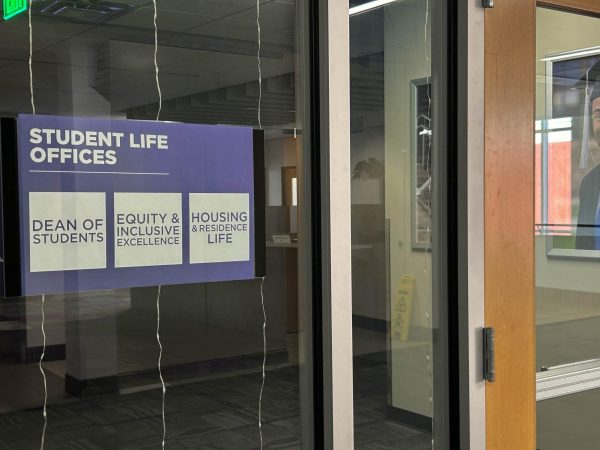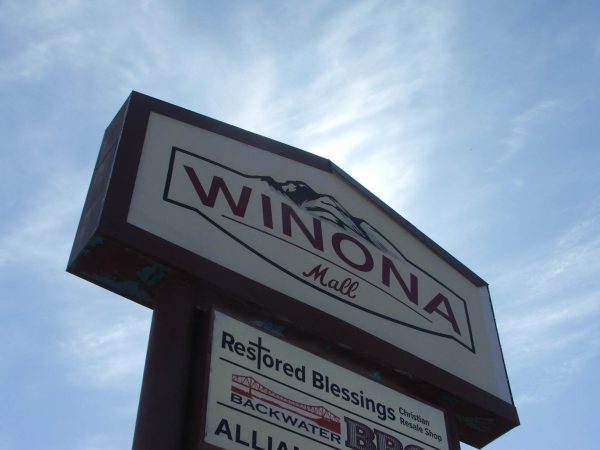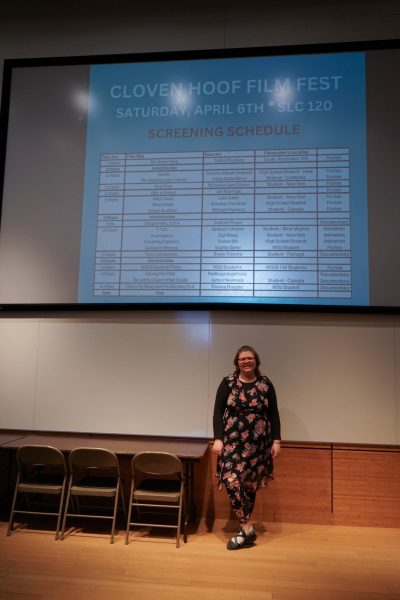Women’s History Month and Women’s Studies origins at WSU
March 10, 2021
For both the United States and Winona State University, the month of March marks Women’s History Month, which the university has already begun celebrating by hosting virtual events.
While COVID-19 safety precautions and guidelines have changed how Winona State will be executing its Women’s History Month events, there will still be several notable events occurring through March and April, including virtual film showings, a keynote speaker and a community-wide march.
The university sent out a press release on March 8 further discussing details of each event dedicated to Women’s History Month, including how the events’ keynote speaker is someone Winona State would not have been able to host prior to the pandemic.
“Winona State University is excited to host renowned Women’s Movement activist Loretta Ross, who has dedicated the last 40 years to the movement,” the press release stated.
Ross is a feminist activist and scholar who is largely recognized for her work in various feminist movements and discourse, including her coining of the phrase “reproductive justice” and its framework in relation to Black, Indigenous and people of color (BIPOC).
Mary Jo Klinker, an associate professor of women’s, gender and sexuality studies (WGSS) at the university who has been involved with the university’s Women’s History Month events for numerous years, also expressed the importance of Ross’ work.
Klinker used an example from the fall of 2020 to highlight Ross’ continued efforts in and vision for the future of reproductive justice.
“In September 2020, whistleblower Dawn Wooten, a nurse at the Irwin County Detention Center, exposed forced sterilization of women detained under ICE. This white supremacist and state-sponsored violence is one that WGSS believes needs to be addressed in our campus discussions,” Klinker said. “Ross’ long-standing work offers a vision for a future of reproductive justice.”
Klinker also credited fellow Winona State professor, Dr. Colette Hyman, with being the key player for Winona State’s involvement in Women’s Studies.
“She [Hyman] was a founder of the Women’s Studies program,” Klinker said.
Hyman is currently a professor of history at Winona State, but was first hired in 1990 to begin laying the groundwork for a Women’s Studies program.
Hyman said when she applied to teach at the university, the job description was specifically for somebody to teach women’s history, with the idea in mind for the job’s hiree to also spearhead the creation of a Women’s Studies program.
“When I was being interviewed almost everybody said to me, ‘well, how would you feel about starting a Women’s Studies program?’ I thought, wow, that sounds like a lot of fun,” Hyman said. “The History Department knew they needed to hire a woman and they also knew they couldn’t say, ‘Hi, we want to hire a woman.’”
Hyman began working with the Advocacy Center of Winona after being hired, which was then called the Women’s Resource Center, as well as with fellow colleagues at the university.
“Somehow word got out that the History Department had hired a feminist to do work with an agenda there,” Hyman said.
By the fall of 1992, the first Women’s Studies classes were being taught and Hyman was the director of the program.
Hyman said in planning for the university’s first Women’s Studies program, there was much time spent discussing whether the program should be women’s studies, gender studies or women’s and gender studies, but they ultimately settled on the Women’s Studies program due to the current times.
“This was 1990,” Hyman said. “At the time, especially here [in Minnesota], which was not on the cutting edge of these issues, it was really a dearth visibility for women on the faculty, for women in the curriculum. It was a really great discussion.”
It has now been roughly 20 years since Hyman was director, but she is still actively involved with the Advocacy Center and stays in touch with current Women’s Studies faculty and about events, like this March’s Women’s History Month events.
Hyman also recognized the importance of Ross’ keynote lecture being part of this year’s Women’s History Month events lineup as she also fully supports reproductive justice.
“I want to support students who are pro-choice, pro-reproductive justice, because as a feminist, that’s my stance, and I will support students with other positions,” Hyman said. “With the understanding that it’s not a level playing field. That by and large, those of us who are active on behalf of reproductive justice have a lot that’s pushing at us.”
Hyman said one thing she “totally admires” about Tamara Berg, director of the WGSS program, is her ability to provide the campus and its students with a “real wealth of programming”, including Ross’ keynote lecture this March.
The WGSS Department is co-sponsoring every event in the university’s Women’s History Month event lineup this year.
The History Department is also co-sponsoring several of the events, alongsisde several other departments and the Reproductive Justice club.
Each of the university’s Women’s History Month events’ dates, times and further details can be found on the university’s event calendar on the Winona State website.




























































